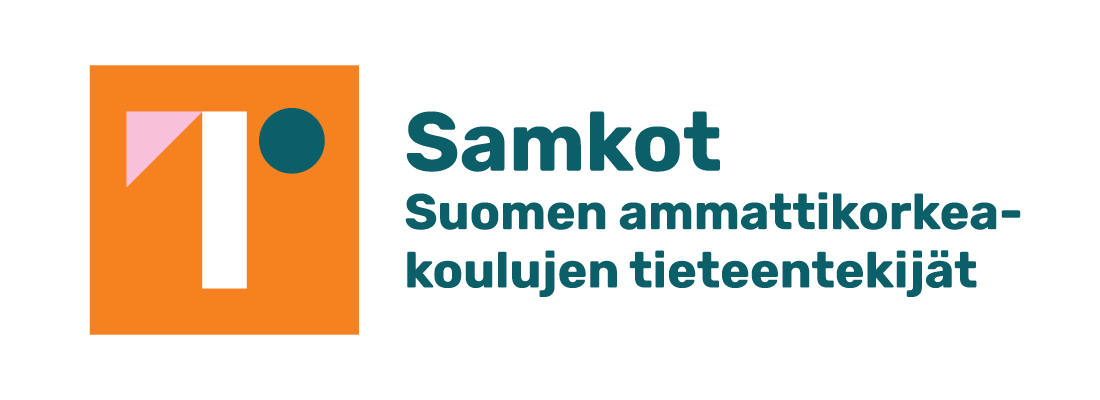Advocacy work
There is much room for improvement in the working conditions of RDI-professionals and teachers working in the universities of applied sciences. This requires advocacy work that considers the conditions of RDI work and research-based teaching – both those conditions that are general and those that are specific to the universities of applied sciences. Samkot does this kind of advocacy work.
The most important goals of Samkot’s advocacy work are:
- The working conditions in the universities of applied sciences will improve in a direction where the conditions of both RDI work and research-based teaching and the combination of these tasks are considered better than at present.
- RDI-professionals and teachers working in the universities of applied sciences know their rights better and become unionized more comprehensively.
- RDI-professionals and teachers working in the universities of applied sciences are seen as credible academic actors, just like those who are working in the university sector. Universities and universities of applied sciences are generally seen as natural and equal collaborators.
Collective agreements in the universities of applied sciences
At the beginning of year 2024, universities of applied sciences received their own collective agreement. One of the contracting parties to the collective agreement is the private sector negotiation organization at Akava, The Federation of Professional and Managerial Staff YTN, whose member also Tieteentekijät is. With the new collective agreement, the members of the YTN unions were also able to have shop stewards representing them at their workplaces at the universities of applied sciences.
In the link below, read more about the views of Samkot and Tieteentekijät regarding the new collective agreement.
The collective agreement for universities of applied sciences has been accepted
